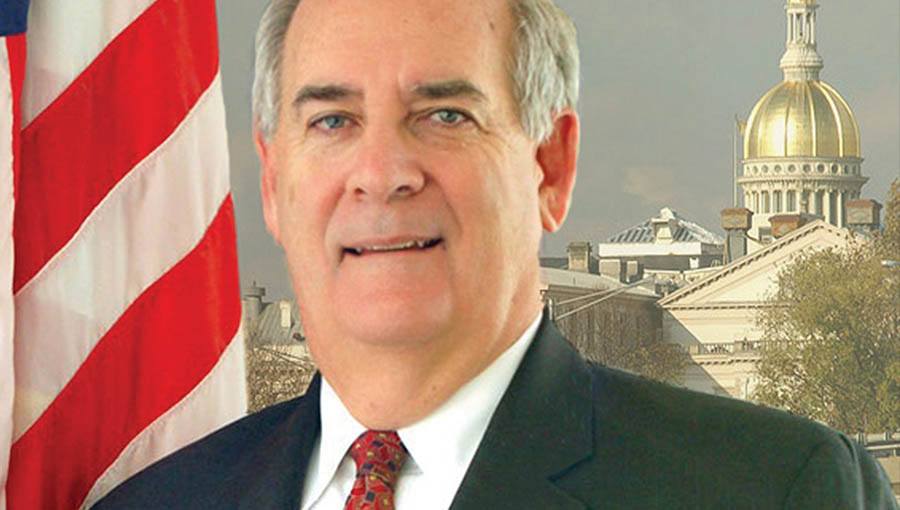Rebuck: New Jersey Accepting Sports Betting Applications from Foreign Operators
Posted on: February 9, 2018, 01:00h.
Last updated on: February 9, 2018, 01:39h.
New Jersey Division of Gaming Enforcement (DGE) director David Rebuck had a special message for the world’s online sports betting operators gathered in London on the final day on the ICE Totally Gaming Exhibition in London on Thursday: apply for your New Jersey sports betting licenses now.

“Don’t sit back and wait for the regulations,” Rebuck told the crowd. “If you sit and wait you will be left behind.”
The news that the DGE is accepting license applications despite still awaiting a ruling from the US Supreme Court on whether it can legally regulate sports betting is a measure of New Jersey’s confidence of success.
Writing on the Wall
Even the sports leagues, which have for six years legally challenged the state’s quest to for sports betting appear to be resigned to defeat. Both the NBA and MLB have revised their positions in recent weeks, coming out in favor of regulation – provided they get a cut.
New Jersey first sought to legalize sports betting in 2012, and, when that failed, to decriminalize it, by choosing not to enforce PASPA, the federal law that prohibits sports betting in all but a few states. Each time, New Jersey was challenged by the leagues and lost, but it has argued all the way up to the US Supreme Court that PASPA is an unconstitutional violation of its Tenth Amendment rights.
Now, it seems that the highest court in the land is prepared to agree, and it could issue its decision as soon as March 5.
Pennsylvania Not Ready
But the market won’t be a free-for-all. As was the case with online casino gaming and poker, online sports books will be required to partner up with existing land-based gambling licensees to enter a future sports betting market.
“That is completely different to the UK,” said Rebuck. “So B2C operators and B2B suppliers will need to partner with casinos, racetracks or lotteries … Even if you don’t have a partner, nothing stops you from submitting your application for a license to do sports wagering.
Most of you, from an integrity standpoint, will be able to get in the door now,” he added. “And if you can’t, we will tell you you’re not going to make it.”
Director of Licensing at the Pennsylvania Gaming Control Board (PGCB) Susan Hensel, who shared the stage with Rebuck, said her state was not yet ready to accept license applications. This is despite the fact that Pennsylvania has recently passed legislation that would enable it to regulate sports betting in the event of a positive SCOTUS decision.
That’s because New Jersey already has an online gambling licensing framework in place and sports betting would be licensed under those regulations, without the need to create new laws, Rebuck explained.
Related News Articles
Most Popular
Mirage Las Vegas Demolition to Start Next Week, Atrium a Goner
Where All the Mirage Relics Will Go
Most Commented
-
Bally’s Facing Five Months of Daily Demolition for Chicago Casino
— June 18, 2024 — 12 Comments
















No comments yet